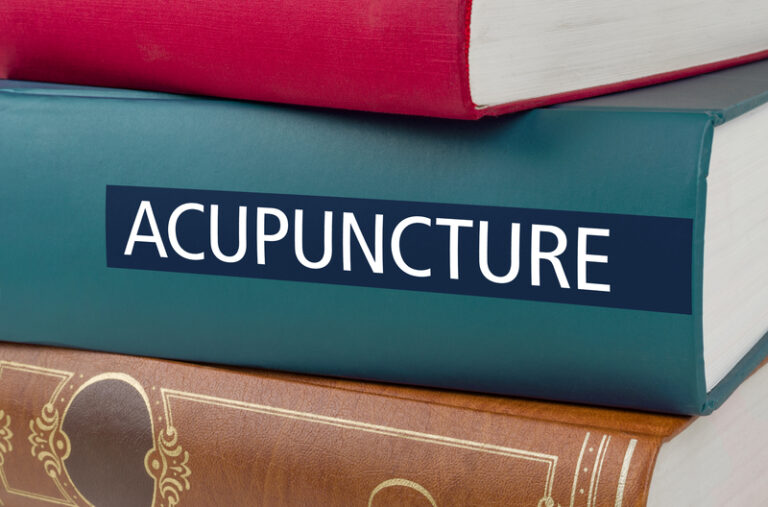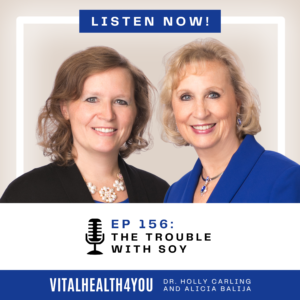Over the past few decades, acupuncture as a viable treatment for many health challenges is soaring in popularity. With that comes questions that need answers.
First of all, what is the educational level of acupuncturists? A couple of years ago I was actively looking for an acupuncture associate in my office. I was so busy, that I really needed help. I had mentioned it to a few people and their responses shocked me. They would say things like “Hey! I want to be your associate! What do I need to do?” or “Where can I find a seminar to learn acupuncture so I can be your associate?” I then realized how little people knew about acupuncturists and their education. “I’m sorry, I would respond. But by the time you’re out of school that position will have been long filled!”
Most acupuncture schools require a Bachelor’s of Science degree to attend, or be close to completing it and able to complete it during acupuncture studies. From there it is generally a 3 year course of study. Depending on the state, the requirements range from 1800 to 3000 hours with clinical study too, generally about a year. I personally was initially licensed in California (still am) with some of the strictest requirements. All must be from an accredited school. Most also require NCCAOM certification (as Idaho does). The National Certification Commission for Acupuncture and Oriental Medicine is the “National Board” by which most states have reciprocity.
In Idaho there are two categories of acupuncturists: Licensed Acupuncturist and Certified Acupuncturist. A Certified Acupuncturist is one with a doctorate in another field (Chiropractor, Dentist, etc.) with additional training in acupuncture. Much fewer hours are required. A Licensed Acupuncturist has the most education, the highest level of licensure. It is illegal to practice acupuncture without a license in the same way that it is illegal to practice dentistry, chiropractic or medicine without a license.
Licensed Acupuncturists have “L.Ac.” after their names, designating their license. They may also have “O.M.D.”, “D.O.M.”, or “DAOM” after their names designating they have doctorate degrees in acupuncture. They may also have “B.Ac.” or M.Ac.” or “M.S.O.M” designating a Bachelor’s in Acupuncture or Master’s in Acupuncture respectively, or Master of Science in Oriental Medicine.
You may have also heard the term “Dry Needling”. This is a term used by Physical Therapists who are using acupuncture needles, acupuncture points and non-acupuncture points to treat patients. They are NOT trained in acupuncture, have only had between 27 and 72 hours of training (and many can do it online without having any hands-on training), have no requirement for supervision, no independent oversight or accreditation, no competency examinations and no continuing education requirement.
Acupuncturists take nearly all the same classes in school as medical doctors do, with emphasis on acupuncture, nutrition, herbal medicine, and other Oriental Medicine modalities. They are also required to do a formal internship before they can sit for a state board or national board exam. They are not medical doctors, but some are also Naturopathic Physicians as well. Licensed Acupuncturists are continually developing their skills through continuing education.
When you see a Licensed Acupuncturist, you can be sure you are seeing a highly educated health care professional and you will enjoy the benefits through improved health!
©2018 Holly A. Carling, O.M.D., L.Ac., Ph.D.







